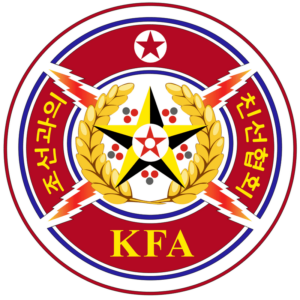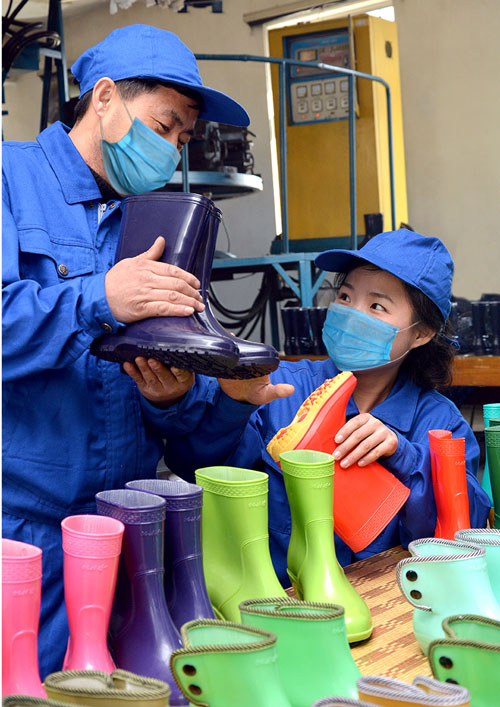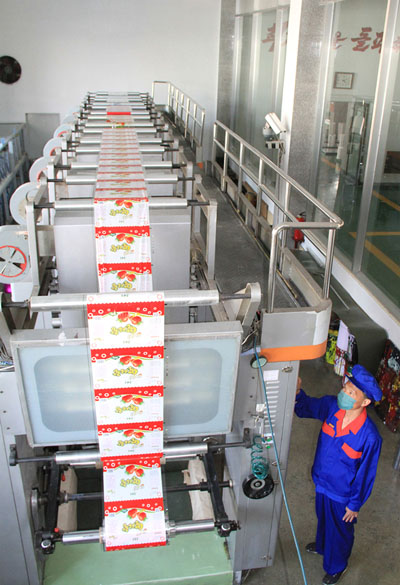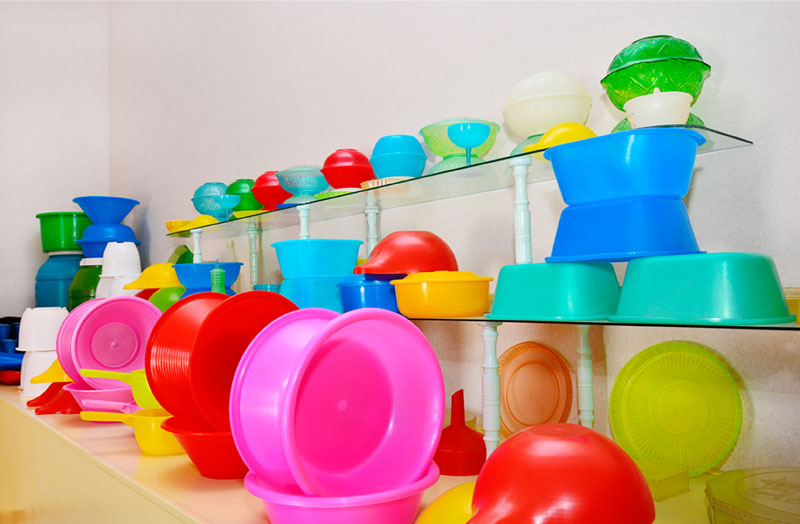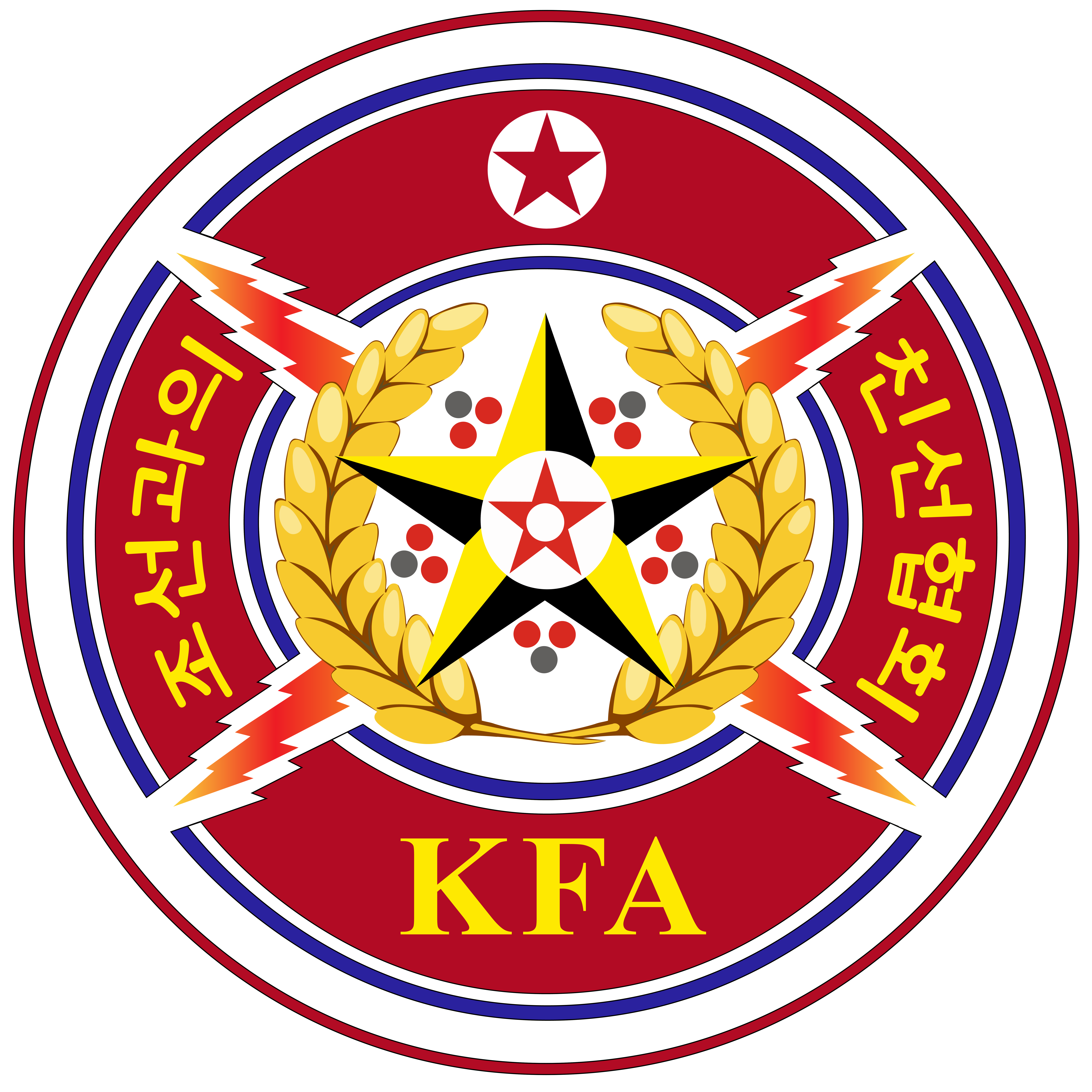| The work of recycling resources goes full steam ahead amid the nationwide concern in the DPRK.With the adoption of the law on recycling resources and the establishment of recycling system, the industrial establishments are making efforts to maximize the utilization rate of various kinds of scrapped materials and urban sewage.In particular, many units are conducting researches for recycling PET (polyethylene terephthalate) bottles and other plastic and vinyl wastes.Researchers of the Building Materials Institute under the State Academy of Sciences succeeded in producing various organic solvents and chemicals such as ethylene glycol, benzene and terephthalic acid, and those of the Textile Institute under the Ministry of Light Industry opened up a prospect for producing tetoron fibre with throwaway plastic bottles.Many units, including the Wonsan Disabled Soldiers’ Essential Plastic Goods Factory and the Kangson Vinyl Sheet Factory, are producing insulating materials, waste plastic formwork, water supply and drainage pipes, buckets, basins and other plastic goods, high pressure tubes to be used in waterway project and floats needed for shallow-sea culture.They are also contributing to ecological protection by introducing the technique of detoxifying harmful gas from the process of thermal decomposition of waste plastic.Industrial establishments are making effective use of industrial waste and by-products from production, construction and business management.The Namhung Youth Chemical Complex is recycling sulfur from waste water and the Mangyong IT Exchange Company in Ryanggang Province is producing iron oxide paint of various colours by making use of waste water from a copper mine.Garment factories and timber mills across the country are producing various consumer goods by making use of scrapped cloth and by-products.The Samchon Catfish Farm is saving large amounts of grain fodder a year by making use of dregs and catfish excrement from water recycling, and raising the survival rate of catfish and increasing its weight remarkably.The Chicken Farm 927 is producing over 1 000㎥ of methane gas by means of 15 tons of chicken excrement every day, which makes it possible to generate much electricity.Pyongyang, Hamhung and other cities have established a well-knit system of collecting and purchasing waste for new resources for production. |
